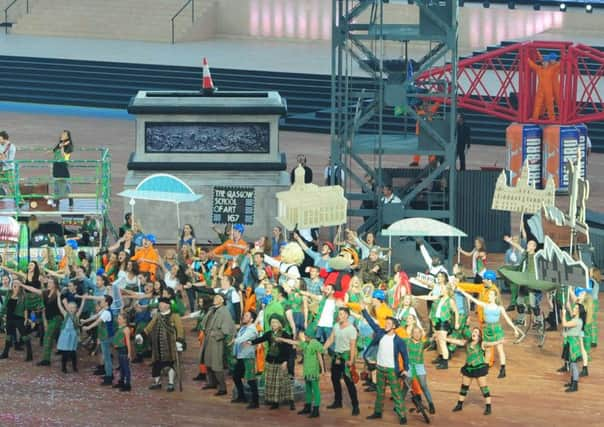Scottish hotels driven to top of UK league


Glasgow clocked up the biggest increase in revenues, driven by demand from the Commonwealth Games. Average revenues in Edinburgh, buoyed as usual by the summer festivals, were just 37p less than those recorded in London.
In its monthly survey of three and four-star establishments, accountancy firm BDO also recorded increases in Inverness and Aberdeen, where rooms yield – the industry term for revenue – increased to £69.32 and £68.85 respectively.
Advertisement
Hide AdAdvertisement
Hide AdAlastair Rae, partner in leisure and property at BDO, said this “exceptional summer” pushed the Scottish average to £82.95, nearly £30 ahead of the UK average for August.
“Glasgow experienced the greatest gain with a 21.3 per cent increase in revenue from £53.03 to £64.31 on the back of the overwhelming demand generated by the Commonwealth Games,” Rea said.
“Revenue in Edinburgh rose to £116.39, only a few pence lower than London during August and far above any other city in the UK. The popularity and worldwide recognition of the Edinburgh Festivals drew record crowds and effectively filled the capital’s hotel rooms.”
Although occupancy in Scotland fell compared to the same period a year earlier, it was still the best in the UK at 88.4 per cent. The regional UK average was 82.9 per cent.
Rae said the dip in occupancy from 89.8 per cent previously was to be expected when pricing is robust. Edinburgh, Glasgow and Inverness all recorded rates in the 90 per cent range, which “by any standards is very high”.
“Clearly this has been a very good year for the hospitality sector and the summer is the time when the industry needs to make good returns to ensure it is viable for the rest of the year,” Rae added. “I think that, for the first time in several years, we can say that the worst is over for the sector and we should see continued increase in terms of revenue growth. Investment is increasing as confidence returns and there is a growing view that the sector will now go from strength to strength.”
While cultural festivals, the Commonwealth Games and the Ryder Cup have given the Scottish hotel industry a welcome boost this year, fellow accountant PwC has predicted that growth will moderate in 2015.
Martin Cowie, head of private business at PwC in Scotland, also said the sector faces a challenge from the so-called “share economy” – for example when travellers rent a private home rather than book a hotel room.
Advertisement
Hide AdAdvertisement
Hide AdHe said: “Sharing economy platforms provide new entrants and individuals the opportunity to present travellers with non-hotel alternatives, and in other locations we’re seeing travellers already taking them up on the offer. Sharing platforms such as Airbnb are growing rapidly, and we expect this trend to continue.”
SUBSCRIBE TO THE SCOTSMAN’S BUSINESS BRIEFING